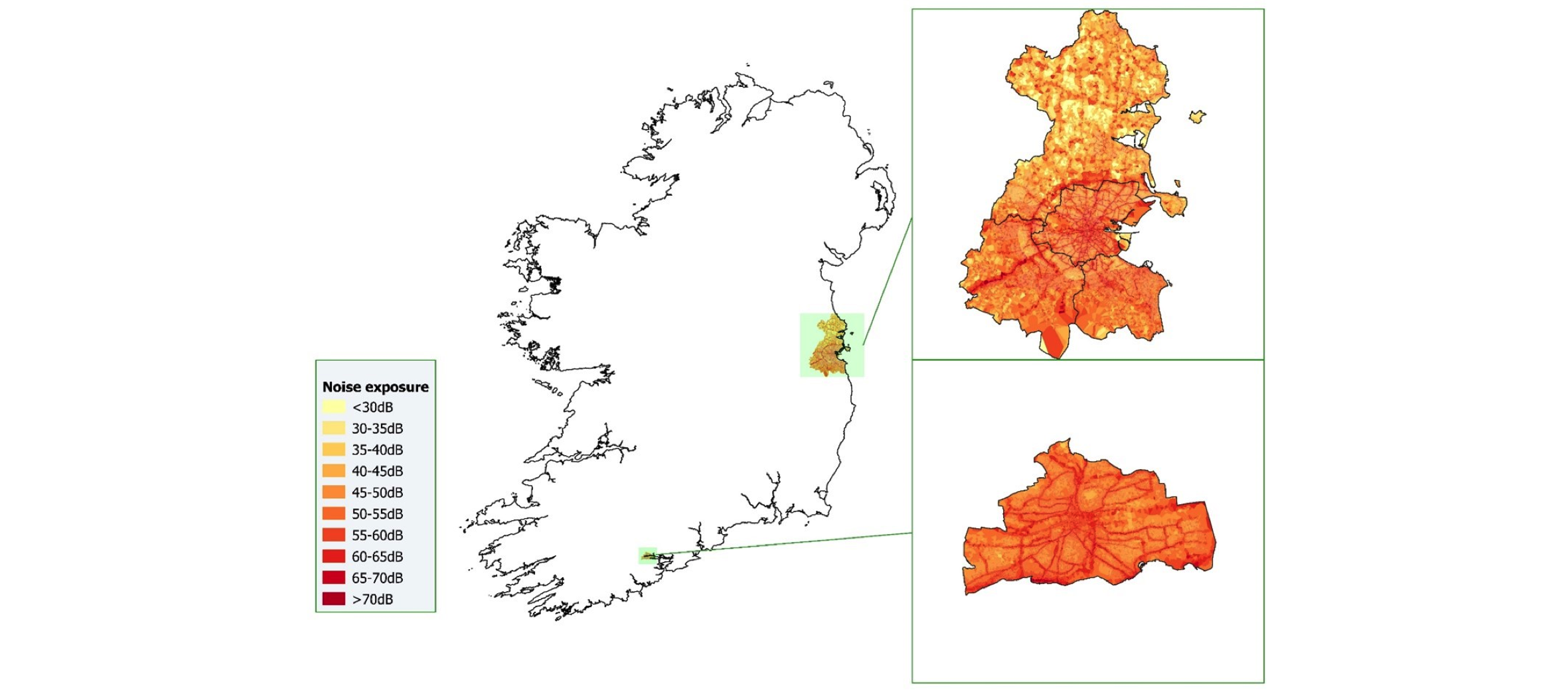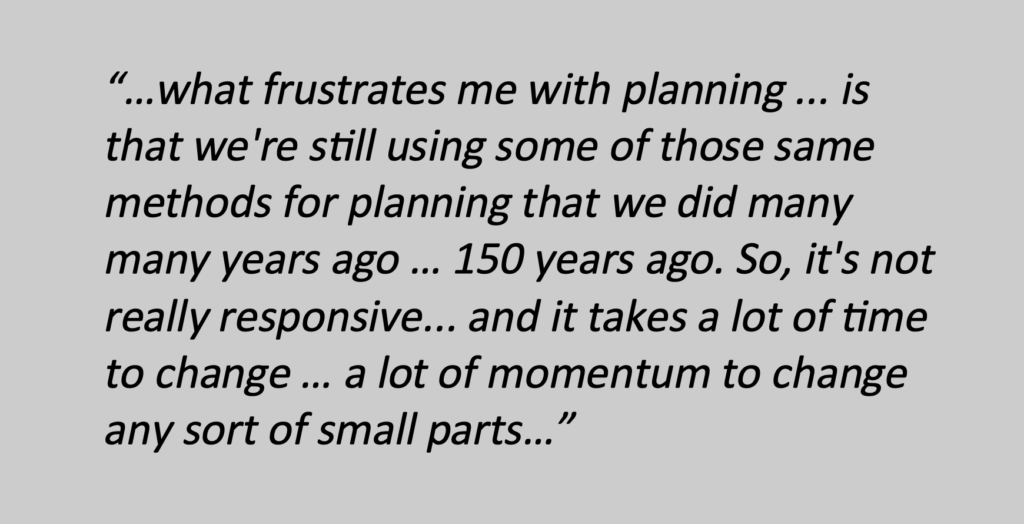City Know-hows

Target audience
Urban policy-makers and transport planners.
The problem
Traffic noise pollution is an omnipresent feature of daily life, particularly in cities and urban areas. Unlike some other environmental stressors in cities such as second-hand smoke, dioxins and benzenes, human exposure to environmental noise from road traffic is increasing in Europe. There is relatively little scientific research investigating the links between road traffic noise and various aspects of mental wellbeing such as anxiety, worry, depression, and quality of life.
What we did and why
Our study estimated exposure to traffic noise for residences in two Irish cities, Dublin and Cork. This involved estimating noise exposure for each residential address and linking it to health, socio-demographic and behavioural information for 1,706 individuals aged 54 and over living in these two cities. The study tested whether aspects of mental wellbeing were lower among those exposed to higher traffic noise, thus examining the link between noise exposure and mental wellbeing.
Our study’s contribution
We found a negative association between exposure to road traffic noise and quality of life that is independent of a range of socio-demographic and behavioural factors. In other word, an indication that people with lower road traffic noise exposure achieve higher quality of life scores, relative those people most exposed to noise. However, the study did not find evidence of an association between noise exposure and depression, anxiety, stress or worry.
Impacts for city policy and practice
As environmental noise is an important feature of daily living in cities and urban areas, robust evidence on this issue is necessary in a global context of increasing urbanisation.
This research contributes to the evidence base informing noise-health policy decisions and mitigation measures for cities and urban areas. In particular, it implies that noise pollution from traffic should be high on the priority list for policymakers when designing policies for healthy cities of the future.
Further information
Full research article:
Road traffic noise, quality of life, and mental distress among older adults: evidence from Ireland by Ciarán Mac Domhnaill, Owen Douglas, Seán Lyons, Enda Murphy & Anne Nolan.
Related posts

New research explores if and how mosquito-borne diseases are considered in city resilience, and provides recommendations on how cities can integrate mosquito-borne disease prevention and control into their resilience approach.

Our study sheds light on the evolving dynamics of the Greater Cairo Region, adding depth to the understanding of whether gated communities act as true remedies or reflections of concrete houses. By incorporating a model based on critical factors for mental health, we offer insights into the nuanced dimensions of well-being in the context of urban development. This research contributes to a more comprehensive understanding of the complex interplay between city structure and residents’ overall well-being.

City makers need to stop making cities for ‘normal’ circumstances. Cities are liveable only when they can respond and reflect on and learn from disruptions and consequently adapt and change.City makers, policy makers